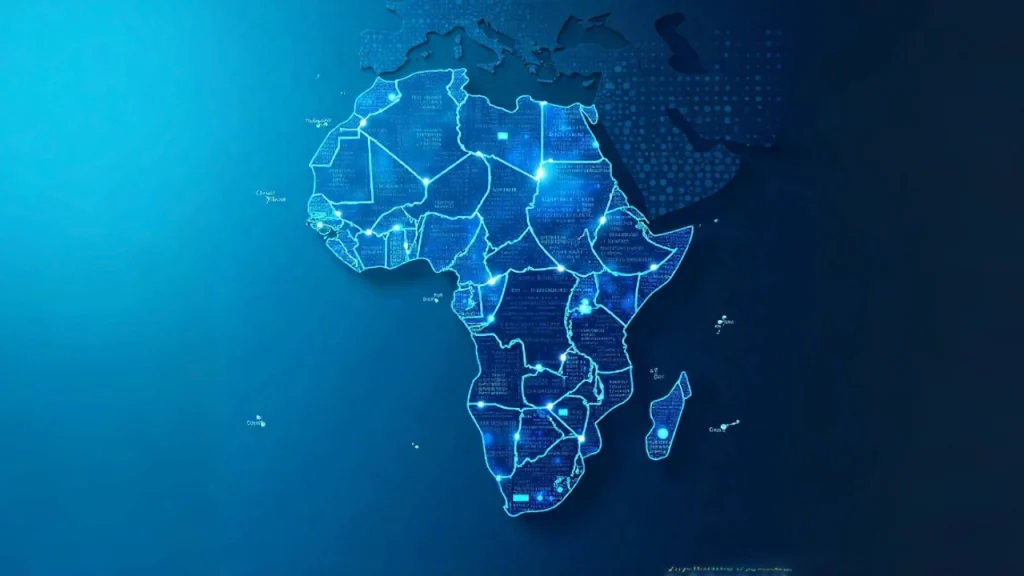- AFRINIC’s election rules are shaped by its 2020 Bylaws, but their implementation has been heavily influenced by Mauritius’ constitutional and legal framework.
- The interplay between AFRINIC’s internal governance and Mauritius’ legal system has led to repeated electoral disputes, raising questions about the independence and legitimacy of AFRINIC’s governance.
AFRINIC’s Election Rules and Mauritius’ Legal Framework
AFRINIC, the African Network Information Centre, operates under a set of internal governance documents, primarily its 2020 Bylaws, which outline the procedures for board elections. These Bylaws establish the roles of the Nomination Committee (NomCom) and the Election Committee (ElecCom), define the eligibility criteria for candidates and voters, and set the timelines for the election process. The Bylaws are intended to ensure a transparent and democratic election process within AFRINIC.
However, the implementation of these internal rules has been significantly influenced by Mauritius’ constitutional and legal framework. In 2022, a legal dispute involving AFRINIC and a member company led to the Supreme Court of Mauritius placing AFRINIC under receivership. This court-appointed receiver has been responsible for overseeing AFRINIC’s operations, including the election process. The receiver’s authority has extended to establishing the NomCom and ElecCom, as well as approving the election guidelines, thereby intertwining AFRINIC’s internal governance with Mauritius’ legal system.
This integration has led to several challenges. For instance, the receiver’s decisions have sometimes conflicted with AFRINIC’s Bylaws, leading to confusion and disputes among members. Additionally, the involvement of the receiver has raised concerns about the independence of AFRINIC’s governance, as decisions are perceived to be influenced by external legal authorities rather than by the AFRINIC community.
Also read:AFRINIC’s September elections were a flagrant violation of its own bylaws
Also read:AFRINIC elections and the importance of judicial independence in Mauritius
Electoral Disputes and Governance Legitimacy
The interaction between AFRINIC’s election rules and Mauritius’ constitutional framework has resulted in repeated electoral disputes. These disputes often center around procedural issues, such as the validity of proxy votes and the eligibility of candidates. The legal uncertainties surrounding these issues have led to the annulment of elections and the postponement of new elections, undermining the stability and credibility of AFRINIC’s governance.
For example, the 2025 board election was marred by allegations of irregularities, including the improper use of proxy votes and unauthorized access to membership data. These issues prompted the Internet Corporation for Assigned Names and Numbers (ICANN) to issue a formal notice to AFRINIC, warning of potential compliance reviews if the governance issues were not addressed. The involvement of external entities like ICANN further complicates the situation, highlighting the challenges AFRINIC faces in maintaining its autonomy and legitimacy.
The recurring electoral disputes and the involvement of external legal authorities have eroded trust among AFRINIC’s members and the broader internet community. The perception that AFRINIC’s governance is subject to external legal influences rather than being driven by its community has raised questions about its legitimacy as a regional internet registry for Africa.

